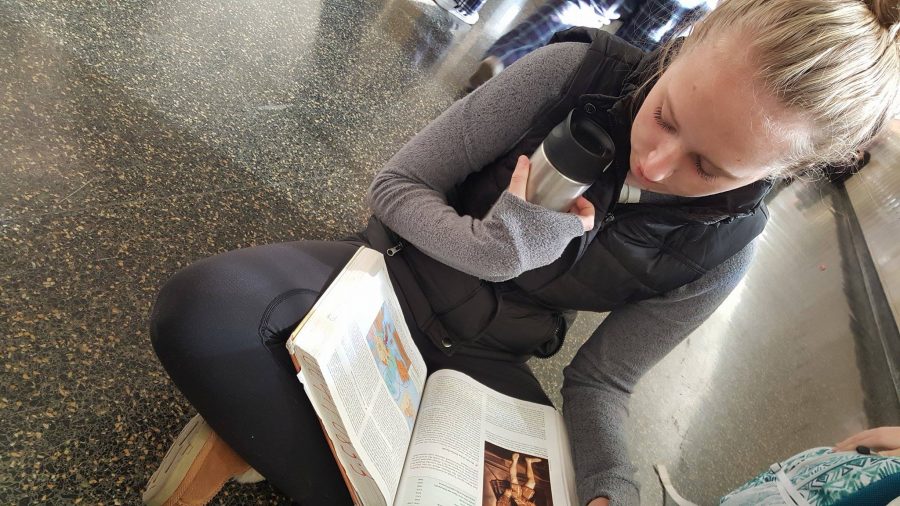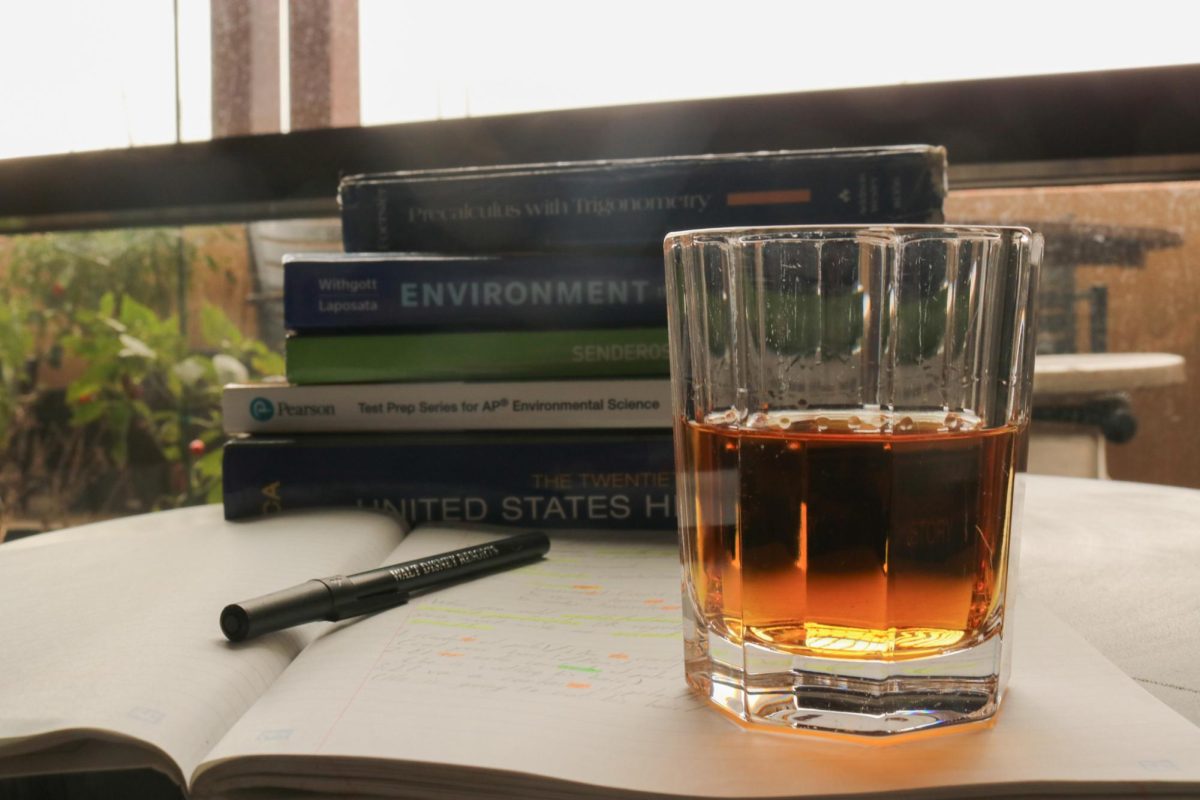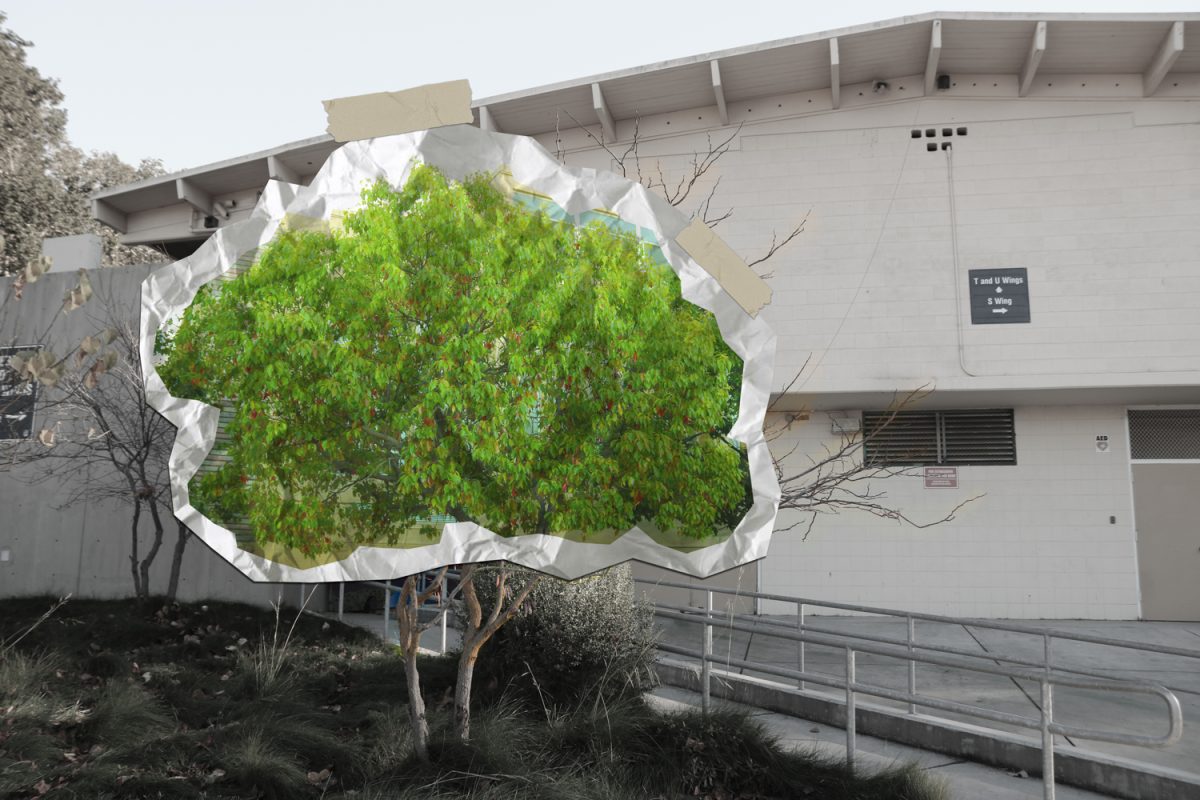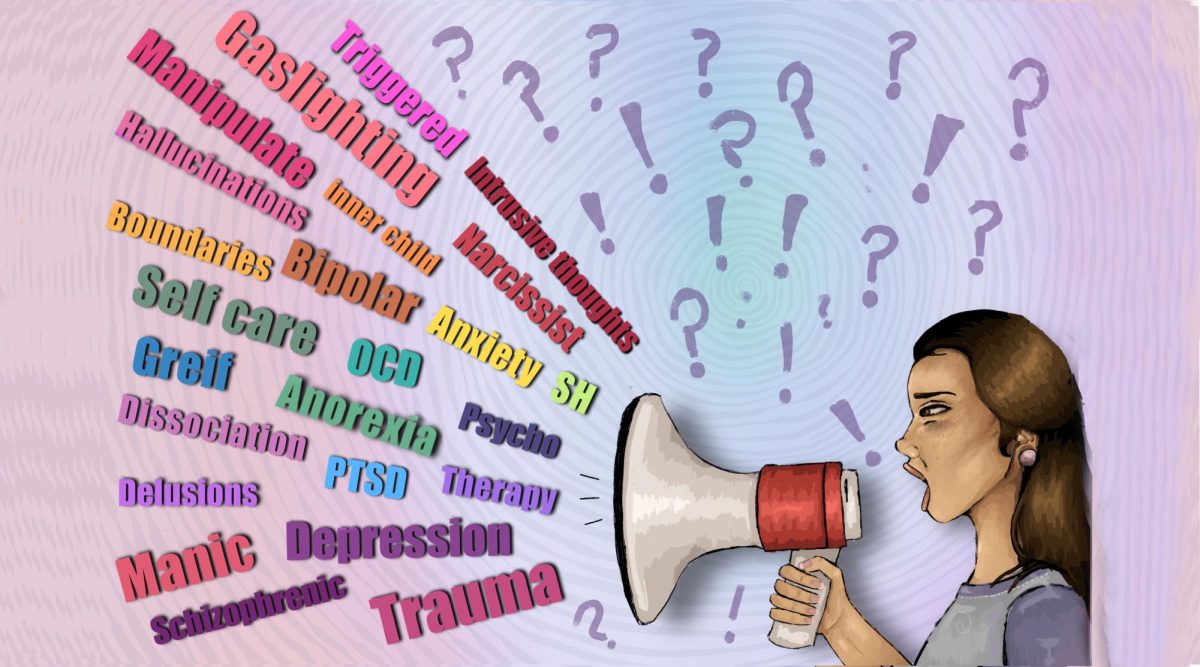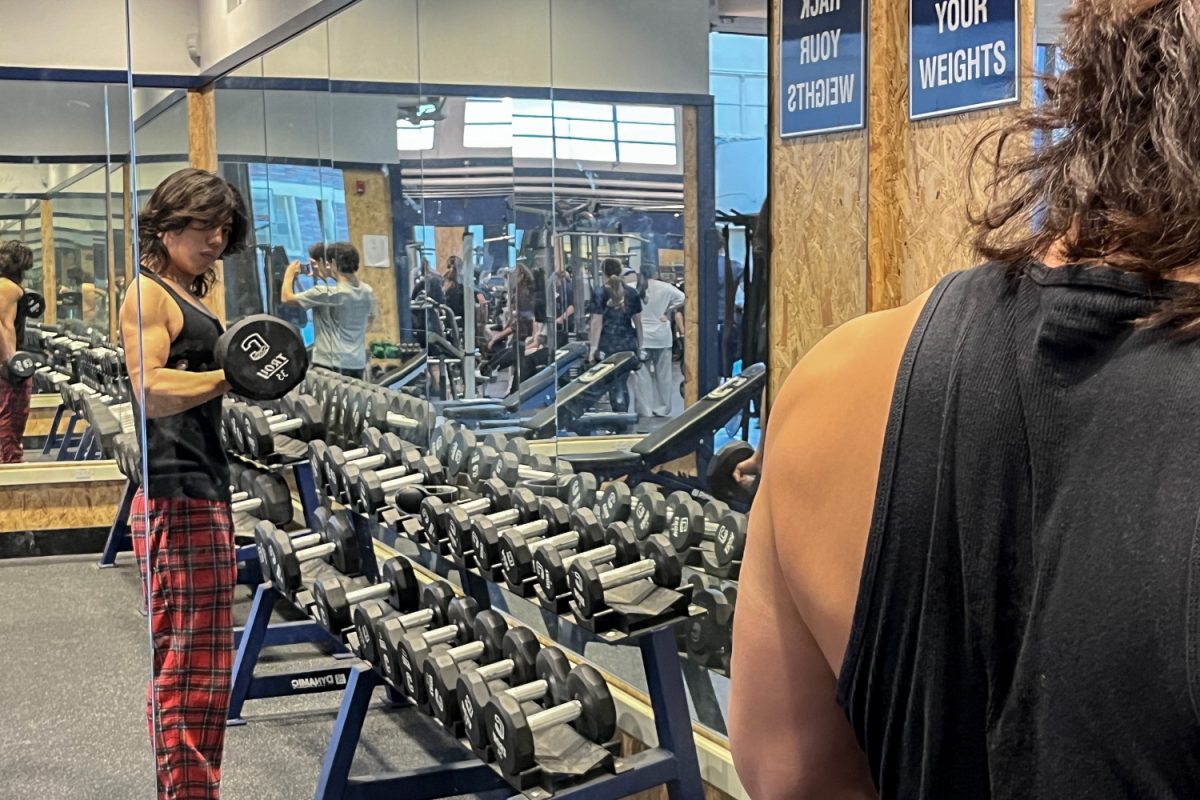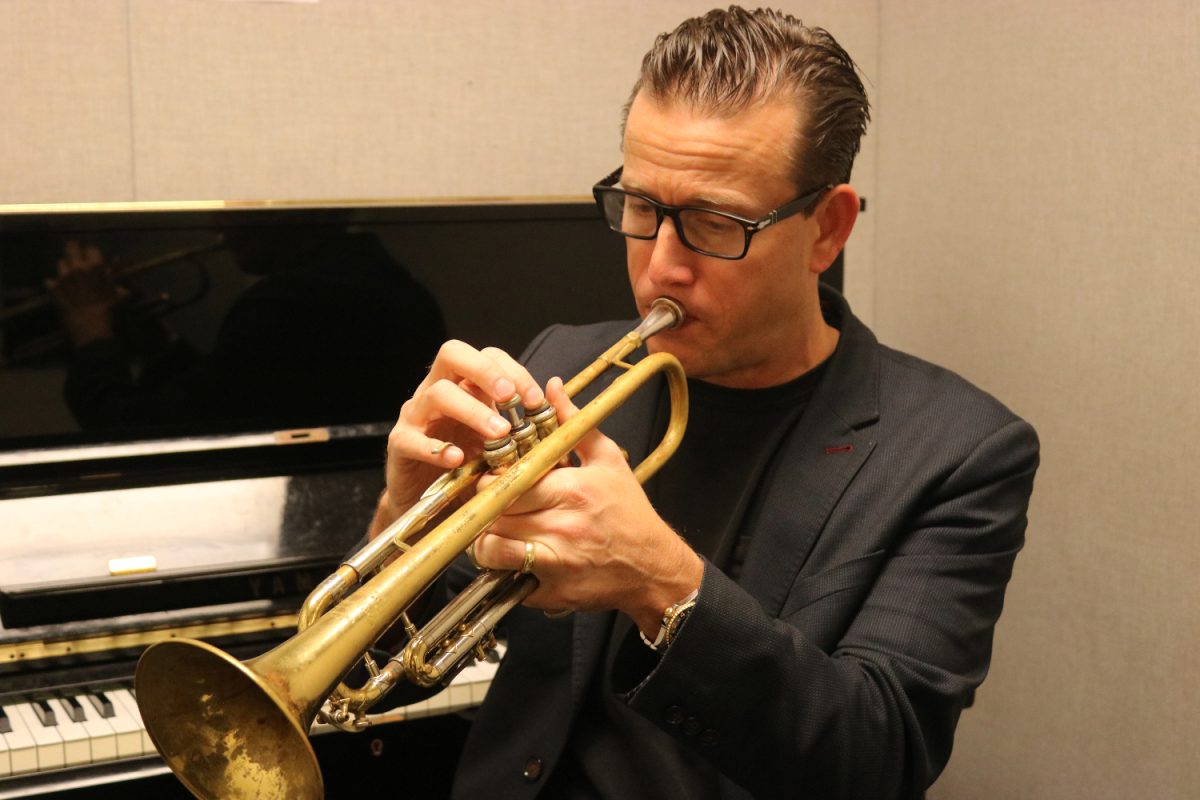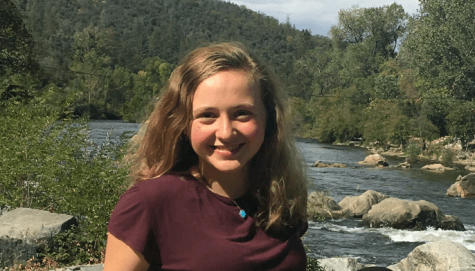The line at Starbucks is out the door as Carlmont High School students wait for their hot lattes and mochas, the majority unaware of possible side effects of the consumed products.
Countless students come to school sleep deprived relying on a hit of caffeine to try and stay awake.
Ilana Hamer, a senior, said, “Just walking down the halls, or sitting in class, you can tell that so many students haven’t gotten a sufficient amount of sleep. People will be nodding off while the teacher is talking, simply exhausted from the long night before.”
According to the National Sleep Foundation, teenagers need between eight to 10 hours of sleep daily to function at their best and stay healthy. However, the stress of maintaining grades, extracurricular activities, and other personal obligations, results in more than 87 percent of American high school students receiving less than eight hours of sleep per night.
Lack of sleep has many negative side effects.
Roey Netanel, a junior, said, “Sleep deprivation makes me feel sick and leads to many students being unable to focus and struggle with doing work.”
The National Sleep Foundation states that during teenage years, biological clocks alter so that falling asleep at later hours becomes more natural, making it difficult to do so before eleven at night.
Hamer said, “I usually go to sleep around 2 [a.m.] I’m balancing school work with extracurriculars and college applications. There aren’t enough hours in the day to do it all, so sleep ends up being what suffers.”
This irregularity of students’ sleeping schedules can alter biological clocks and therefore disrupt the quality of sleep. Over time, this may develop into sleeping disorders such as narcolepsy, insomnia, restless legs syndrome, or sleep apnea according to the National Sleep Foundation.
Teens regularly turn to caffeine as a coping mechanism for sleep deprivation.
Netanel said, “The stress kids face lead to a lack of sleep, [therefore], teens drink coffee to stay awake.”
Amy Branum, a statistician at CDC’s National Center for Health Statistics, estimates that 73 percent of American children consume caffeine every day. Additionally, the National Coffee Association reports that young people are now the fastest growing population of coffee drinkers.
Yet many do not consider harmful effects of the substance and possible influences of addiction on the entire body.
Despite being a regular caffeine consumer, Laura Banazek, a senior, said, “[I was] unaware of the harms of caffeine.”
Many teens are ignorant of the effects of caffeine, and those who are knowledgeable are willing to do anything to feel awake.
An article published by the Teen Rehab Center, an organization which helps teens get sober after substance abuse, said, “Caffeine is considered a psychoactive drug because it stimulates the body’s central nervous system.”
Taking into consideration how addicting this drug can be cities such as Vienna, Austria, have placed regulations for caffeine consumption until the age of 18.
Psychology Today reports that negative side effects of caffeine may include nervousness, insomnia, restlessness, irritability, increased heart rate, an upset stomach, frequent urination, anxiety, muscle tremors, headaches, jitteriness, and dependence.
Banazek said, “I started drinking coffee every day a year ago and now I get headaches whenever I don’t. I don’t feel like myself when I don’t drink it because it makes me more energized and awake.”
The rise for concern of this product has resulted in the Food and Drug Administration to start investigating safe dosages of caffeine. However, the American Academy of Pediatrics recommends teenagers to not surpass 100 mg of caffeine per day.
On the other hand, caffeine has positive results as well. Coffee Home Direct Association asserts that caffeine can keep students alert and attentive during class. Psychology Today claims that caffeine helps memory performance making it beneficial for studying.
Caffeine consumption is currently more prevalent among teens.
Roland Griffiths, Professor of Psychology and Neuroscience at John Hopkins University, said, “Caffeine is likely the world’s most-used mood-altering drug and it does produce mood changes, physical dependence, and withdrawal. It needs to be recognized as a drug.”
The Influence of Caffeine Consumption on the Body by Nikka Gribanovksy

